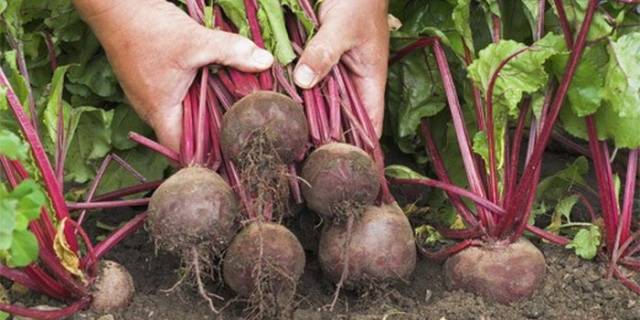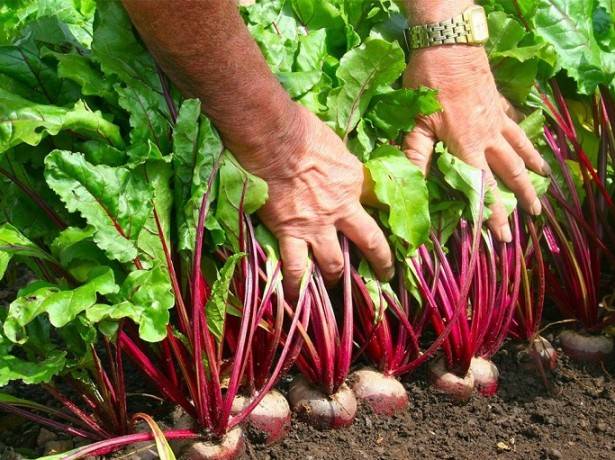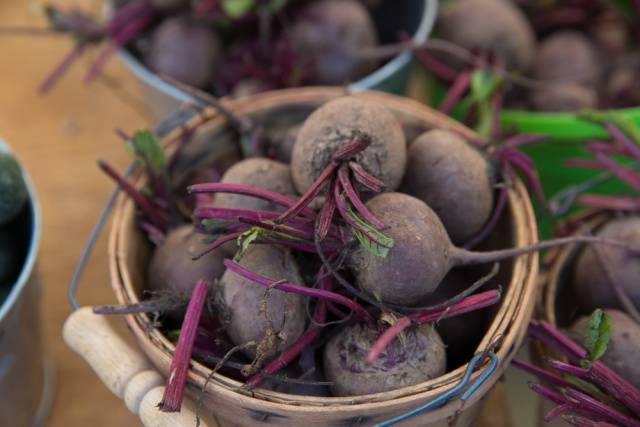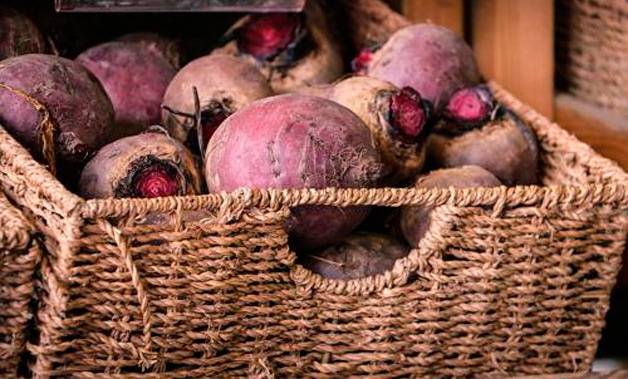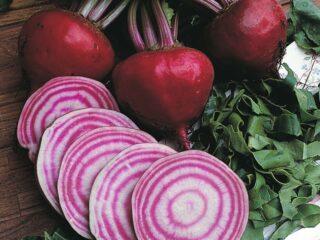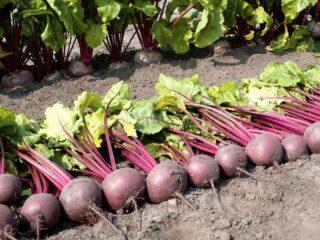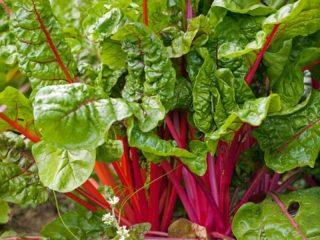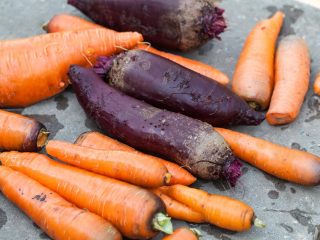Content
On the territory of Russia, beets began to be grown in the tenth century. The vegetable immediately fell in love with both the common population and the nobility. Since then, many different varieties and types of root crops have appeared. Such a wide selection is able to satisfy even the most demanding gardener. In general, it is quite easy to grow beets. The vegetable is prized for its unpretentiousness, and its ability to grow well in almost any type of soil. However, not everyone knows when to remove beets from the garden. Below you will see the answer to this question.
Features of the root crop
Breeders have managed to develop different varieties of beets that can grow even in the most unfavorable conditions. Even the most inept gardeners can cope with this task. When choosing a variety, climatic features must be taken into account. The following facts will help you make your choice:
- in the northern regions of the country, where summers are cool and very short, it is best to grow medium-early and early varieties. Such beets grow for no more than 100 days, so that by the time of cold weather you will definitely have time to harvest;
- there are frost-resistant varieties of beets that can be planted before winter and immediately after the snow has subsided. Harvesting of these varieties of beets is carried out at the end of July. Unlike early beets, frost-resistant beets are stored much better;
- if you need to keep the beets fresh throughout the winter, you need to buy late and mid-season varieties. Harvesting in this case will be possible only in September. The concentration of sugar in beets is responsible for the safety of the fruit. It is by the beginning of September that this figure will reach the norm.
When to remove beets from the garden
You can determine the ripeness of the fruit by the following signs:
- The first step is to pay attention to the characteristics of the cultivated variety. The manufacturer indicates on the packaging how long the growing season of a given beet lasts. Usually early maturing varieties ripen in 2–3 months. So by the end of July - beginning of August, it will already be possible to harvest young fruits. But mid-season and late varieties ripen no earlier than after 3.5 months.
- Please note that the timing indicated on the packaging may not be accurate. Much depends on the weather conditions or climatic characteristics of the region. Sometimes it's even better to overexpose the beets in the garden. For example, in dry and warm weather, various vitamins and sugars accumulate in fruits. If autumn is wet and cold, then it is better to harvest immediately after ripening. Long-term stay of beets in such conditions will only spoil the quality of the fruit.
- The ripeness of the fruit can be determined by external signs. Once the root crop is ripe, the top of the plant will begin to die off. The leaves near the base of the fruit will begin to turn yellow and dry out. It is also important to consider the shape and size of the fruit. If they meet the stated characteristics, then it's time to harvest.
- It is also worthwhile to immediately start harvesting the fruit if frost occurs soon. This usually only happens with late beet varieties. Even if the vegetables are not yet ripe, they are still removed from the garden. The fact is that even light frosts can harm the root crop, which then simply begins to deteriorate.
- If the onset of frost does not threaten, it is better not to rush to harvest. The last weeks of growth are very important for this vegetable.
How to harvest beets correctly
Growing beautiful and tasty beets is just the beginning.In order for the fruits to be stored for a long time and to preserve all the useful properties, you need to know some subtleties:
- When choosing the timing of harvesting beets, take into account the weather conditions. It is best to do this in warm, dry weather. Humidity promotes the spread of rot, so even a little rain can damage the crop.
- It is safest to pull the roots out with your hands. Thus, you will definitely not damage or cut the fruit. If the soil is too dense, then you will have to use additional tools such as a shovel or pitchfork. It is important not to damage the beets themselves. The slightest cuts will provoke the spread of all kinds of viruses and fungi.
- After digging, the tops should be cut from the harvested root crops. To do this, use a special pruner or scissors. It is necessary to trim the leaves rather shortly, leaving no more than 1 cm. Due to this, beets will not germinate again in winter. If the root is too long, then it should also be trimmed a little.
- After that, the peeled fruits must be dried. You can just leave the beets on the site. When the top of the root vegetable dries up, it can be turned over to the other side. If weather conditions do not allow leaving the crop outside, then it would be better to spread the fruits in one layer in any dry room or under a canopy. This place or room must be well ventilated.
- Before placing the roots in the cellar, you need to carefully sort and sort the fruits.
How to store beets
A properly prepared crop can be stored for a long time in a suitable room. In addition, it is important that the conditions of detention are appropriate:
- a dry basement or cellar is perfect for storing fruits. This place should be cool. The ideal temperature is 0 to 3 ° C. The main thing is that the indicator does not fall below. The floor and walls in the room must be strong and reliable so that neither moisture nor rodents get inside;
- a small amount of root vegetables can be left on cold storage... Thus, a fresh vegetable will always be at hand;
- in large storages, roots are placed in special wooden boxes, bags or baskets. Also, the fruits can be sprinkled with sawdust or sand. If there are no special containers, vegetables are simply spread over the surface of the shelves.
Conclusion
As you can see, it is very important to correctly determine when to harvest root crops. This determines how long the harvested beets will be stored in winter. It is difficult to predict exactly when it will be necessary to harvest the fruits in 2017, but following the signs and rules described above, we will definitely remove the beets on time.
